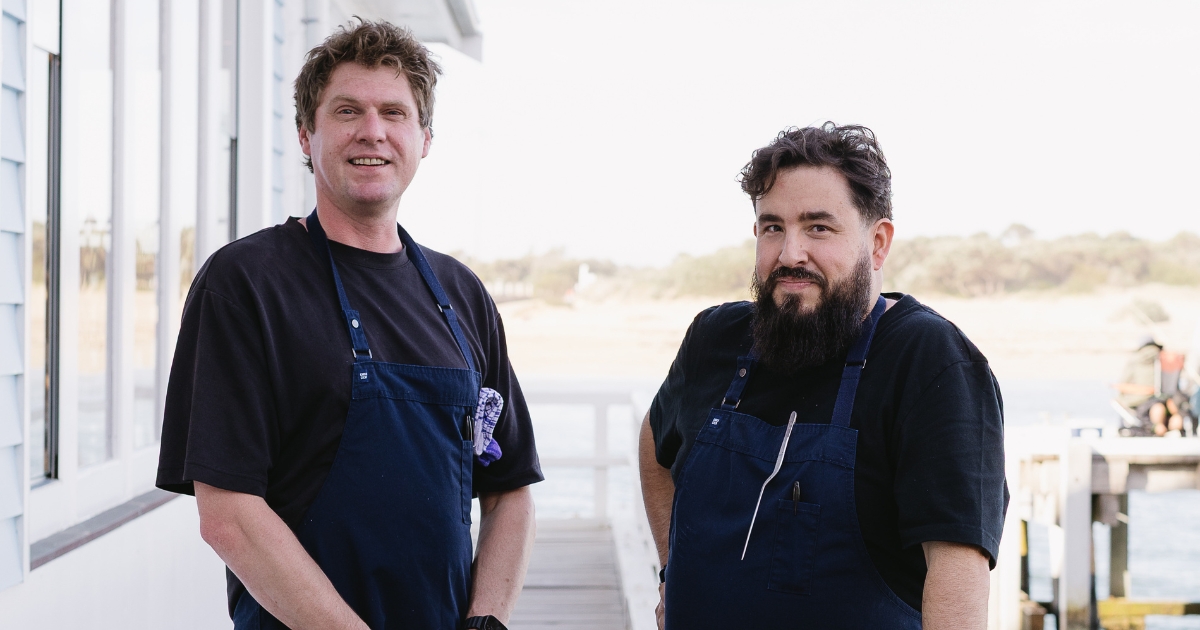Dividing up the assets
THE last two years have put enormous pressure on families, businesses and the community.
Couples have suddenly had to juggle multiple pressures at once, including financial worries, physical and mental health concerns, remote learning issues, and isolation from extended family and friends.
Sadly, the COVID pandemic has taken its toll on many relationships.
There are many decisions to be made once there is a separation. Sometimes, these decisions need to happen quickly.
Who should move out? How much time should the children spend with each parent? Who will pay the bills? How much child support will each parent have to pay?
Once the immediate decisions are worked through, the important matter of property settlement needs to be addressed.
Who will keep the house? What will happen with the superannuation? What am I entitled to?
Every situation is different and it is important to get advice early which is tailored to your specific set of circumstances.
A family lawyer will talk to you about your situation and will talk you through all of the considerations which are important to determining what outcome is just and equitable in your case.
There is no rule of “50/50”.
There is no “one size fits all”.
Some very important issues to be considered are:
What assets, liabilities and superannuation entitlements are there to be divided? What is their value?
It is important to be aware that, generally, assets are valued at their current day value, not their value at the time of separation and not their cost-price.
What initial contributions did each partner make?
This is particularly important and relevant in short to medium length relationships. If one partner brought significantly more assets to the relationship than the other, this will be taken into account when assessing an appropriate percentage division of the assets which are currently available for division.
What contributions did each partner make during the relationship?
This includes financial contributions, such as income, inheritances or other windfall gains which are referable to one partner. Contributions also include those of a non-financial nature, such as maintaining a property. Importantly, contributions made by one partner as a home-maker and as a primary care giver to children carry great weight, and are generally regarded as equal to income contributions. This fact can come as a surprise to many.
What are the needs of each partner moving forward after the separation?
Relevant considerations here include: Who will have the care of the children most of the time? How much income does each partner earn? Does either partner have any medical or other health issues which may prevent him or her participating in paid employment either in the short or longer term?
If you are considering separation, or have recently separated, it is important to get advice early about your particular personal situation.
This is a highly emotional time, particularly when there are children involved.
At Cahill and Rowe Family Law, we provide advice which is specific to you, after listening to your story, developing a sound understanding of your particular circumstances, and, most importantly, connecting and forming a relationship with you.
Cahill & Rowe Family Law’s founding partner, Allison Rowe, knows exactly what our clients are going through, and confirms: “At Cahill & Rowe Family Law, our team of experienced family lawyers understand our clients are enduring what is probably one of the worst, if not the worst, experiences of their lives. We want to help navigate them through this, and give them the strength and confidence to move on to the next chapter of their lives with certainty and stability.”

To arrange a confidential appointment with a one of Cahill & Rowe Family Law’s experienced family lawyers, contact their friendly team at 5221 7844 or head to cahillrowe.com.au for more details.


















